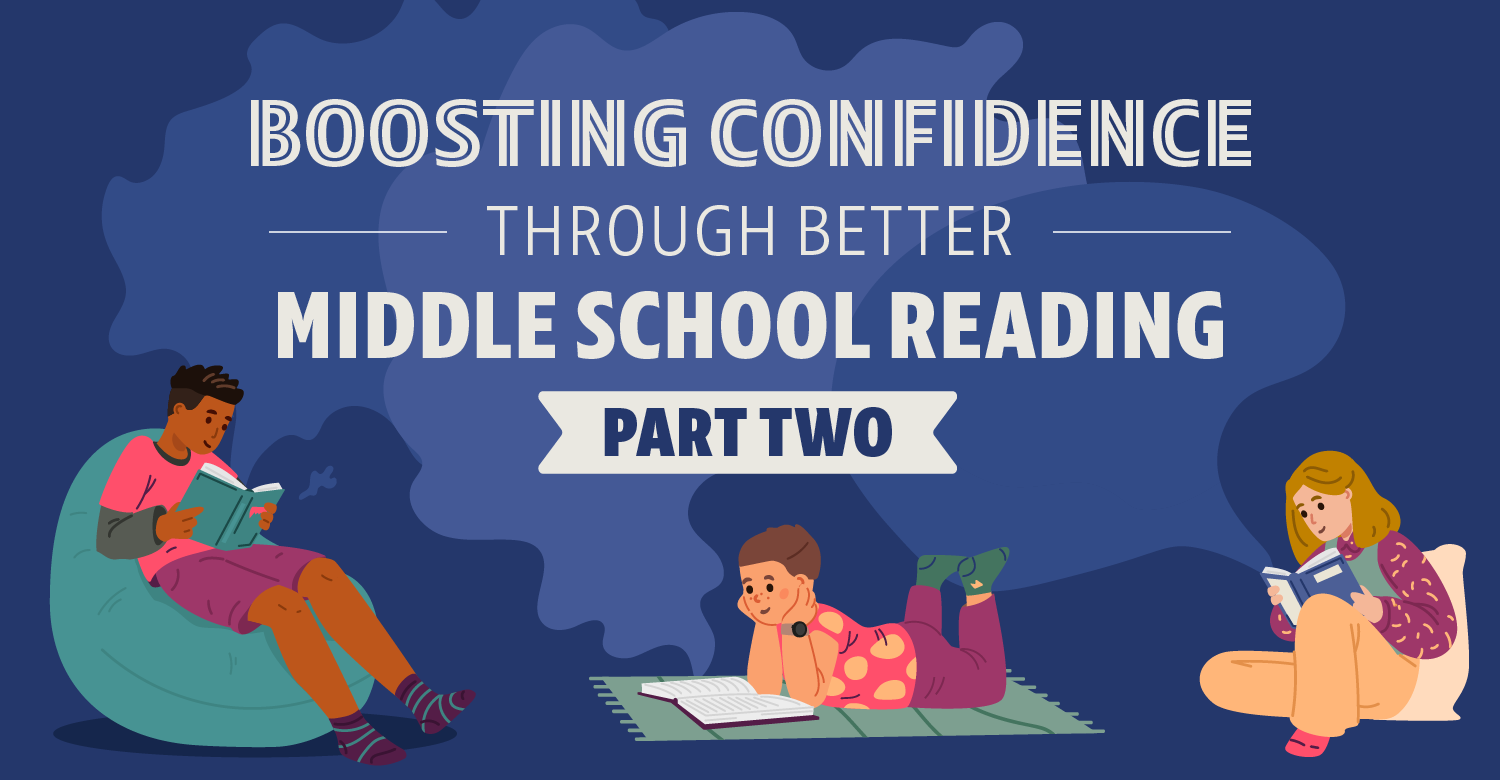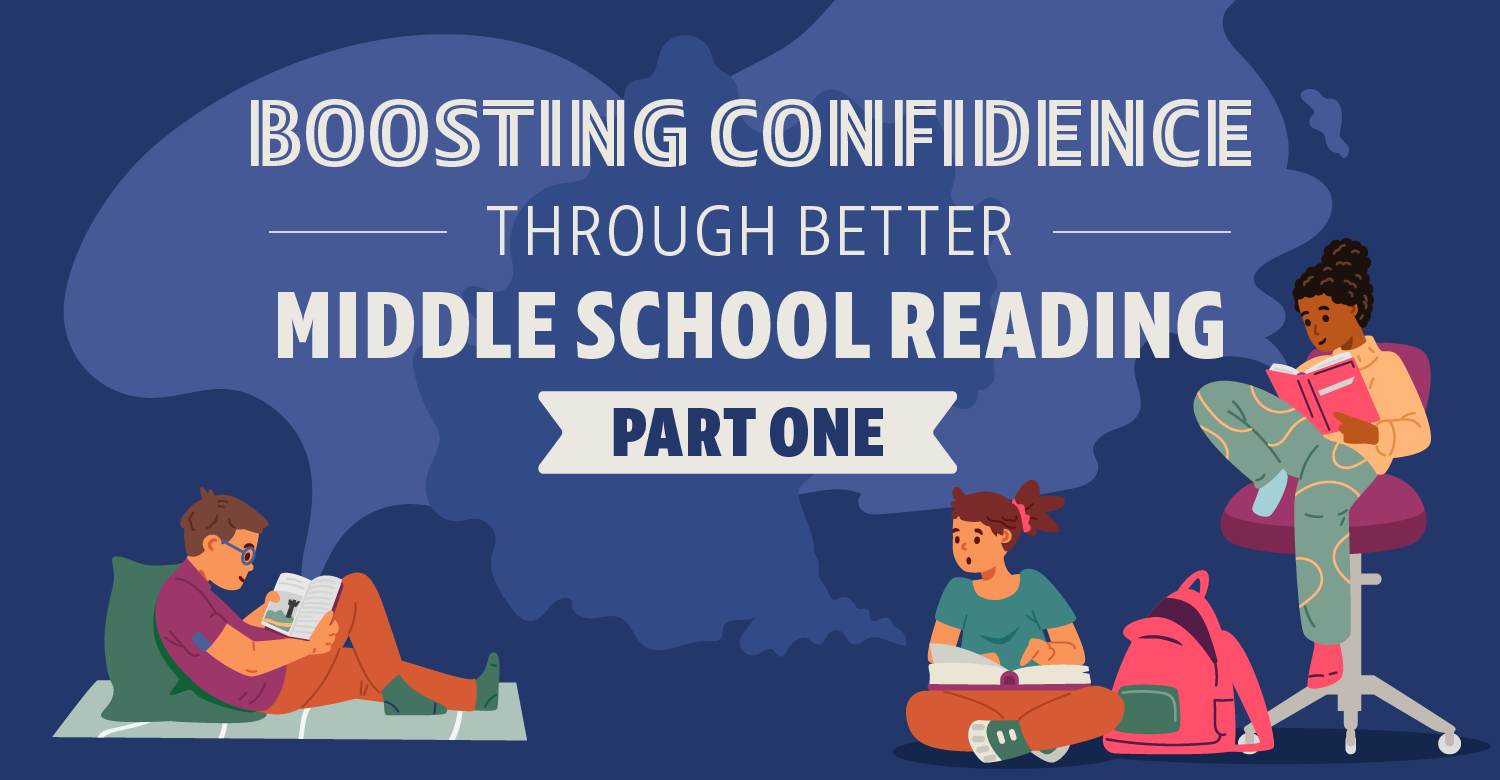We’re excited to share insights from author and educator Daman Harris, who gives a sneak peek into his session topic at the upcoming 2024 Learning Forward Annual Conference. Harris brings a wealth of experience and fresh perspectives, promising attendees valuable strategies and inspiration to enhance their educational practices.
Read on to discover some of the strategies from his session 2213 | Recruiting, Retaining, and Empowering Diverse Educators that will empower educators to foster inclusive and dynamic learning environments.
“We must intend to support our students and families with our current practices, but intent can never take center stage. Impact always outweighs intention. If our current practices and policies don’t deconstruct the historical demographic hierarchy, we must update our practices and policies.”
– The Antiracist School Leader: What to Know, Say, and Do
Rethinking professional development for equity
As a former school leader striving to cultivate an antiracist environment, I’m guided by the belief that meaningful change starts with how we approach professional learning experiences.
My research and experiences suggest there are many ways school leaders can create impactful professional learning. These approaches foster racial consciousness and empathy. They also promote actionable change among educators.
Here are a few strategies that help educators not only understand their role in dismantling systemic inequities but also develop the tools needed to support students’ identities in meaningful ways.
How to build a safe space for dialogue
Effective antiracist learning begins with creating safe spaces where educators can confront and reflect on personal biases. To do this, I recommend setting up structured group agreements for all conversations on race and equity.
Establishing these norms minimizes defensiveness and promotes respect, which are crucial for open, productive dialogues.
For instance, you might agree that everyone listens without interruption or that personal experiences remain confidential within the group. When educators feel safe to examine their beliefs, they’re more likely to embrace change in their interactions with students and colleagues.
Why embedding sociopolitical context into professional development matters
Understanding the sociopolitical context of education is critical to becoming an antiracist educator. Too often, teachers view their work as separate from broader societal forces when in fact, education is deeply intertwined with these issues.
Professional learning should include examining historical and current events that highlight the impacts of systemic racism. Workshops, book studies, or local history projects can provide valuable perspectives, helping educators connect these forces to the classroom and build a more inclusive classroom culture.
When educators understand how factors like income disparities affect students’ lives, they are better equipped to create an inclusive environment. This awareness helps them foster a culturally responsive space for all students.
Critical consciousness: why is it so important?
At the heart of antiracist education is critical consciousness—a commitment to recognizing and challenging social injustices. I encourage school leaders to provide educators with practical strategies that support this in both their teaching and their self-reflection.
For example, we can promote activities that guide teachers to identify potential biases in lesson plans or assess classroom materials for equitable representation.
Integrating social justice topics into the curriculum, such as literature from diverse authors or case studies on civil rights, can help educators nurture this awareness in students, empowering them to question inequities in their own lives.
How to ensure that antiracism remains active and visible
Antiracist work requires a balance of personal accountability and collective support, which is why regular reflection and group discussions are essential. Small-group sessions allow educators to discuss challenges and insights with their peers, fostering a sense of community and mutual support.
Leaders can encourage self-reflection exercises, such as journaling or self-assessment tools, which help educators deepen their understanding of race, privilege, and power. By setting aside time for these practices, we can enhance accountability in our buildings, ensuring that the journey toward antiracism remains active and visible.
Practical ways to embed antiracism into daily operations
Antiracist education should be an integrated part of school operations, not just a series of isolated training sessions. This means examining and adjusting everyday practices to align with an antiracist vision.
Leaders can evaluate hiring practices to promote staff diversity, review disciplinary policies to address any disparities and update curriculum materials to ensure they reflect a range of perspectives.
Incorporating antiracist principles into our daily routines helps make this work sustainable, embedding equity into the school’s foundation rather than treating it as an add-on initiative.
Six practical steps to support the development of racial identity
For educators, understanding one’s own racial identity is a vital part of developing antiracist awareness. I outline a six-step racial identity development model in the book to guide educators through this journey.
Leaders can provide teacher support through structured learning experiences, guiding educators to examine their racial identities, explore how these identities affect their perspectives, and recognize how they impact interactions with students.
Such reflective work can make a powerful difference as educators become more mindful of how they show up in the classroom and engage with students from diverse backgrounds.
Calls to action for antiracist school leaders
- Implement group agreements for safe discussions: Establish norms for all conversations about equity, creating an environment where teachers can engage in honest self-reflection without fear of judgment.
- Bring sociopolitical context to professional development: Create workshops or reading groups that link local history or current events to school practices, helping educators understand the systemic forces impacting their students’ lives.
- Encourage critical analysis of classroom practices: Guide teachers in reviewing their lesson plans, materials, and disciplinary approaches for implicit biases and support them in making adjustments toward inclusivity.
- Create space for ongoing dialogue and reflection: Set up small-group discussions and self-reflection exercises to help educators process their experiences and support each other in becoming antiracist allies.
- Evaluate and adjust everyday school operations: Review policies and procedures, from hiring to curriculum development, to ensure that antiracism is woven into the fabric of your school’s culture.
- Support racial identity development: Use the racial identity model to help educators explore their own identities, promoting a deeper understanding of how their perspectives influence their teaching and relationships with students.
By taking these steps, you can foster a school culture that actively supports antiracist values and empowers both educators and students to challenge inequities. The work requires commitment, patience, and collaboration, but the rewards—a more just, inclusive, and supportive learning environment for all—are well worth the effort.

Visit Solution Tree at the 2024 Learning Forward Annual Conference!
Solution Tree is proud to be an exhibitor and sponsor at this year’s 2024 Learning Forward Annual Conference. We invite attendees to visit our booth in the registration area to explore our resources, connect with experts, and learn more about our commitment to supporting educators. Don’t miss this opportunity to discover how Solution Tree can help you transform learning in your community.






